Are You Getting Enough Sleep? 8 Ways to Improve Sleep Hygiene
Ishita Sharma
May 27, 2021
Ishita Sharma
May 27, 2021
Do you find yourself tossing and turning at night? Have you noticed your sleep, deteriorating? Then this article is for you! Learn ways to make sleep your priority and experience a good night’s rest with our sleep hygiene tips.
Connect with our experts to learn about relaxation techniques to enhance your sleep.
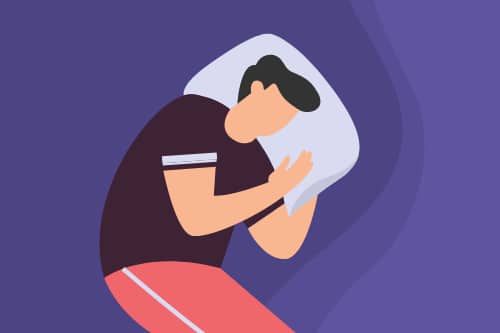
How did you wake up today? Did you hit snooze or did you wake up at the first ring of your alarm? It’s of no surprise that a lack of good sleep can determine how your day goes. Irregular or incomplete sleep may lead you to feel mentally and physically exhausted. It can also affect your ability to focus. Before we dive into how sleep impacts, let’s look at why sleep is important.
Sleep is one of the basic human needs, just like food, water, and shelter. Sleep plays a key role in our functioning. Without adequate sleep, most of our physiological and mental process takes a hit.
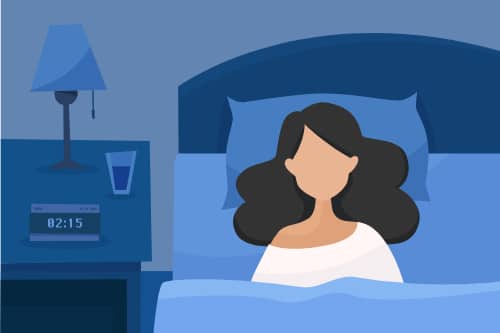
Sleep helps in processing the day’s event. It helps in forming memories and store information, which helps us recollect it the next day.
A good rest can improve alertness and your attention span. This helps to improve your productivity.
It helps boost your immune system. During an injury or infection, our body releases components and chemicals like Cytokines which are regulated during sleep leading to faster recovery.
Physical health risks like cardiovascular diseases, hypertension, digestion, diabetes, etc. can be reduced with sufficient sleep.
Sleep affects hormones of Leptin and Ghrelin, which are important for appetite management.
Did you know that lack of sleep may make you less empathic? A good sleep helps to process various stimuli and triggers better. It decreases the negative affect.
A good REM (Rapid Eye Movement) sleep helps you make better connections, improve flexibility in thinking, thus leading you to enhance your creative side.
Have you wondered how you fall asleep? Sleeping is a process; from the moment you close your eyes till the next morning when you wake up, you have gone through 4 stages of sleep.
Recognizing these steps is valuable to ensure that you not only get the recommended hours of sleep but also maintain its quality.
The first stage leads you to transition from wakefulness to sleep. You will start to feel drowsy, your muscles relax (and might twitch!), your heartbeat and breathing slows down. This is the first Non-REM (Rapid Eye Movement) sleep. You spend a few minutes on this stage.
The second Non-REM is where you move to light sleep. As you slowly transition to this sleep stage, the brain waves activities slow down, with a few brief electrical signals. Your body temperature drops as your heartbeat and breathing slows further. You spend more time in this stage throughout the sleep cycle.
This is the last Non-REM wherein you get into deep sleep. This stage is important to feel refreshed the next day. This stage helps in your body to recover, boost your system physically and mentally.
Rapid Eye Movement (REM) is the final stage of sleep. This state arrives around 90 minutes after you have fallen asleep. Your breathing and heartbeat can become faster. This is a stage where you experience dreams.
Stressful, fast-paced life has lowered the quality of sleep. Staying up to either finish tasks or consuming information late at night impacts sleep. Going to bed late repeatedly can not only have negative effects on your functioning, but it can also lead to long-term sleep issues.
A few reasons that might be keeping you from sleeping can be stress, anxiety, depression, and sleep disorders. Sleep can also be a concern for older adults, as sleep gets lighter and shorter during the night.
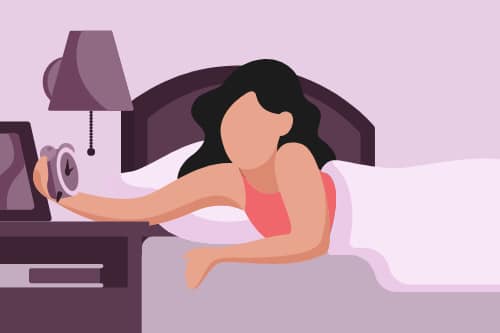
Sleep is a vital part of our everyday life. An infant requires 12-16 hours of sleep, while a toddler requires 11-14 hours of sleep. School children require an average of 10-12 hours of sleep, while a teenager requires around 8-10 hours of sleep. Adults need 7-9 hours of sleep to function effectively. Improving your sleep pattern can go a long way to ensure optimal wellbeing.
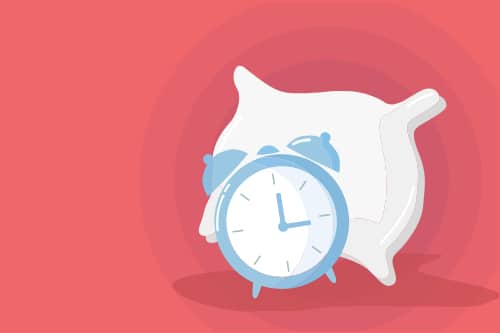
Find a routine that works for you and follow it. Set sleep reminders for yourself. This makes your body likely to stick to the routine and attain better rest.
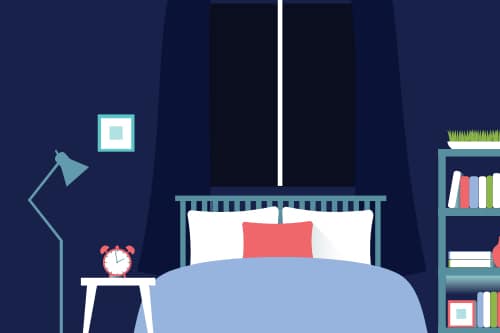
Your bedroom should be used only for sleeping. Re-decorate your room by putting dark curtains that block lights. Try making your room comfortable and cosy and away from loud noise.
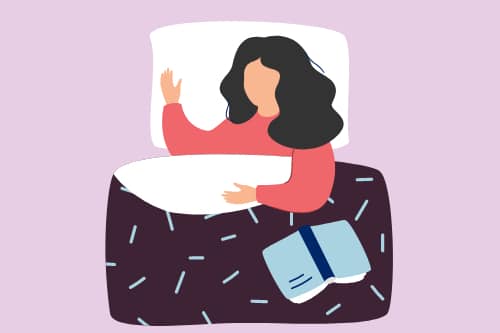
The blue light coming from the screens of gadgets keeps you awake, even if you feel like they are making you drowsy. Melatonin, the sleep hormone is released in response to darkness and the light from phones & laptops, blocks it.

Caffeine helps you stay awake and makes it harder for you to maintain your sleep. Avoid consuming any caffeinated beverages after 7pm.

These substances might make you feel sleepy, but it interferes with sleep quality. Instead, try drinking warm water.

Regular exercise is good for your body and your sleep! A good tip is to avoid moderate- heavy exercises a few hours before bedtime.
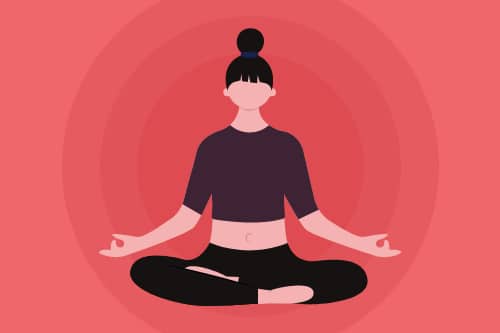
Warm bath, reading, mindfulness, and progressive muscle relaxation are great activities to do before your bedtime.
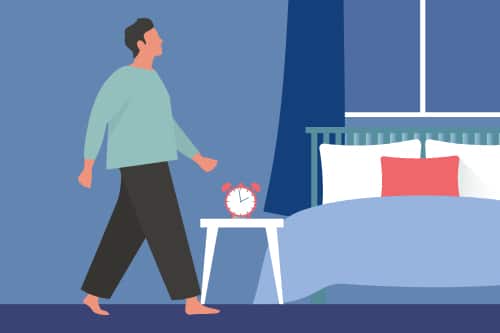
Instead of lying awake on your bed, take a walk around, listen to music, etc. to induce tiredness and drowsiness.
A great way to take care of your body starts from giving it adequate rest. Sleep plays a vital role in our lives. It revives and rejuvenates our body and mind. Following good sleep hygiene practices is important if you want to take care of your health. Give your body what it needs and it will provide you with what you want.
A. Improve your sleep by following a sleep hygiene routine that works for you. Start by scheduling a time to go to bed and wake up around the same time every day. This helps your body get into a routine. Limit any distractions 20 minutes before your sleep time.
A. Sleep deprivation can be caused by many reasons. It can be because of your lifestyle, lack of good bedtime practices, and medical conditions such as pain and sleep disorders. Sleep deprivation reduces optimal cognitive functions and gives rise to physical health risks like cardiovascular diseases.
A. If you are unable to sleep, get away from the bed and return when you feel drowsy again. You can also use some relaxing techniques which can help your mind and body unwind. When falling asleep becomes an issue, you might want to look into your routine to understand what caused it.
